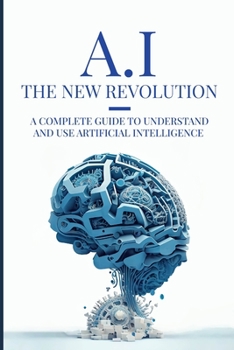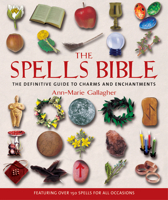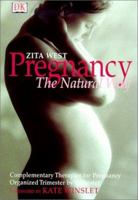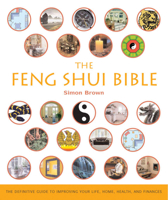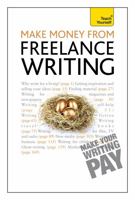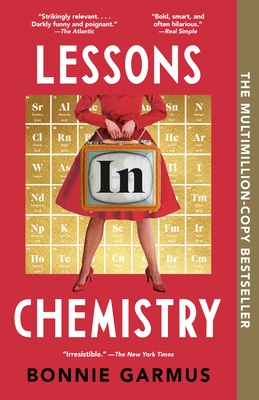AI: The New Revolution: A complete guide to understand and use Artificial Intelligence
Select Format
Select Condition 
You Might Also Enjoy
Book Overview
Discover the transformative power of Artificial Intelligence with this all-encompassing guide that demystifies the world of AI, making it accessible for everyone. Explore the fascinating history, development, and future of AI as you delve into the groundbreaking technologies shaping our world today.
In AI: The New Revolution, you'll uncover the secrets behind AI language models like GPT-4 with Auto-GPT and ChatGPT, as well as revolutionary text-to-image tools like Midjourney. Learn about the practical applications of AI, from coding and business models to automating workflows and boosting productivity. This guide equips you with the knowledge to get your started with prompts example, settings details and a look at more advanced solutions so you can make the most of this new technology.










